#Leon Ames
Text
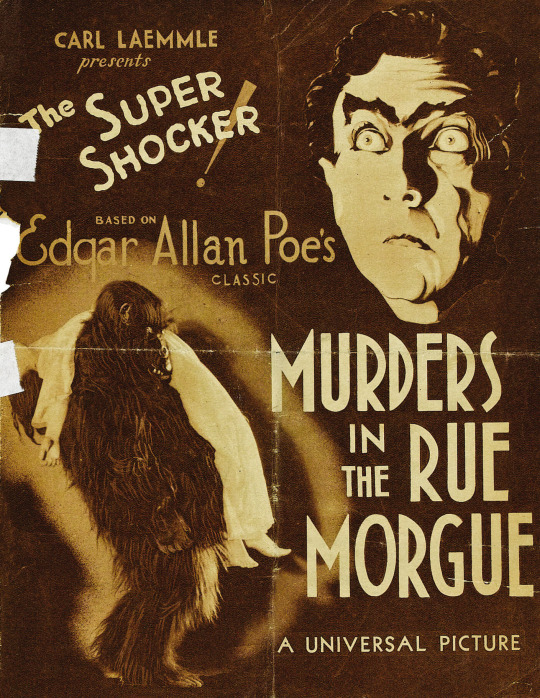
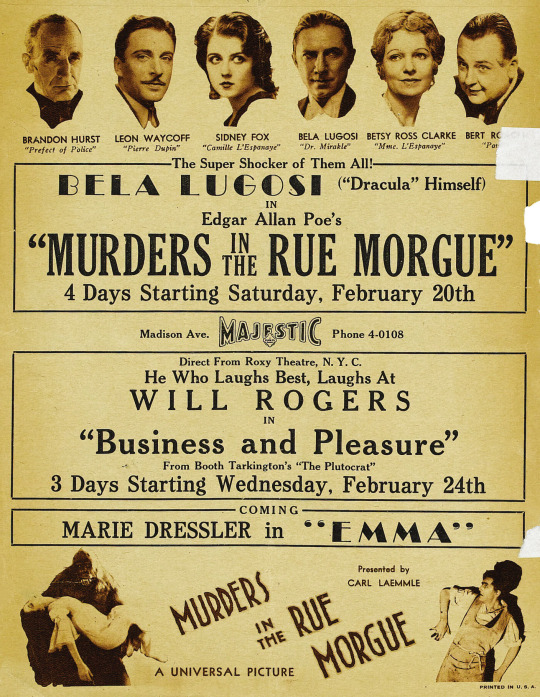
Murders in the Rue Morgue (1932) - Herald
#murders in the rue morgue 1932#bela lugosi#sidney fox#leon ames#1932#1930s movies#robert florey#edgar allan poe#classic horror#universal horror#herald
107 notes
·
View notes
Text
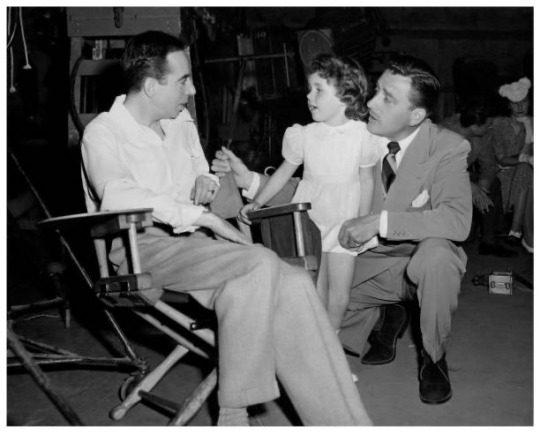
Shelley Ames visits her dad Leon Ames and director Vincente Minnelli during filming of YOLANDA AND THE THIEF (1945)
17 notes
·
View notes
Text
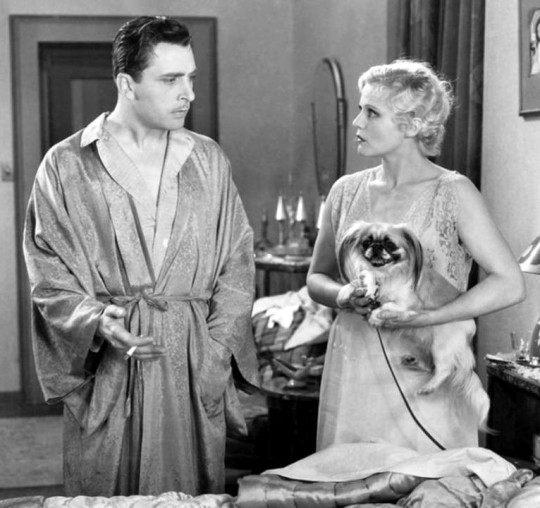
Leon Ames-Helen Chandler "Alimony madness" 1933, de B. Reeves Eason.
8 notes
·
View notes
Text
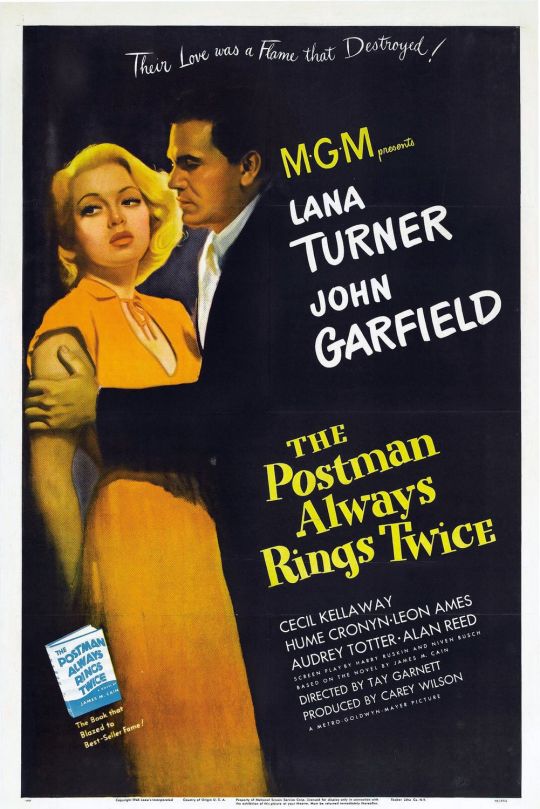
#The Postman Always Rings Twice#Lana Turner#John Garfield#Cecil Kellaway#Hume Cronyn#Leon Ames#Audrey Totter#Alan Reed#Tay Garnett#1946
7 notes
·
View notes
Text
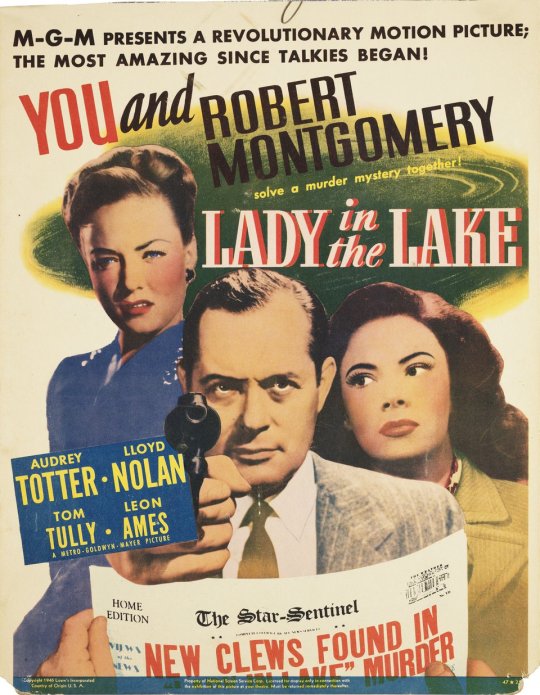
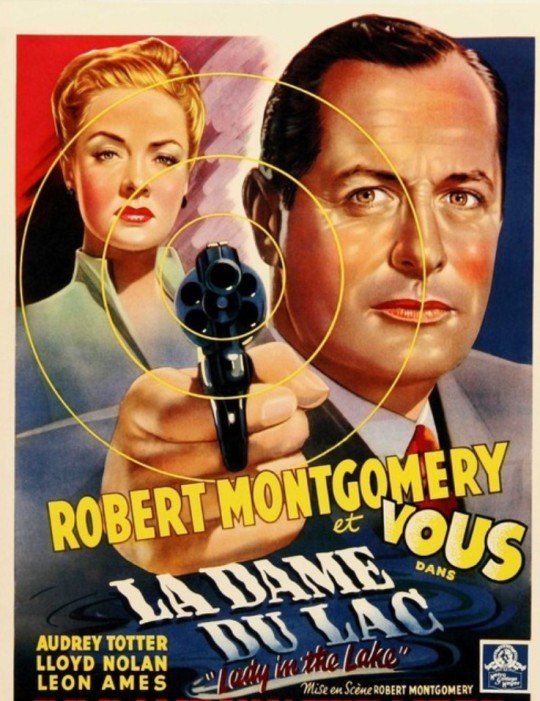
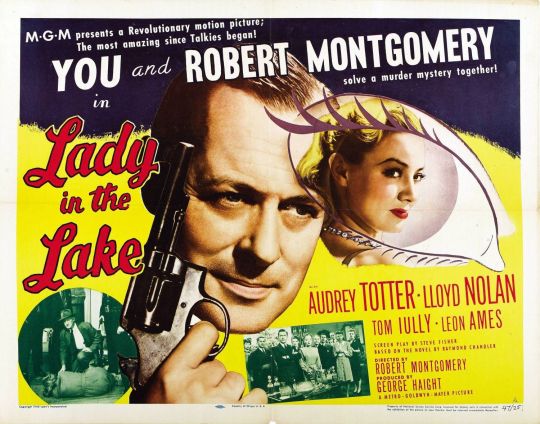
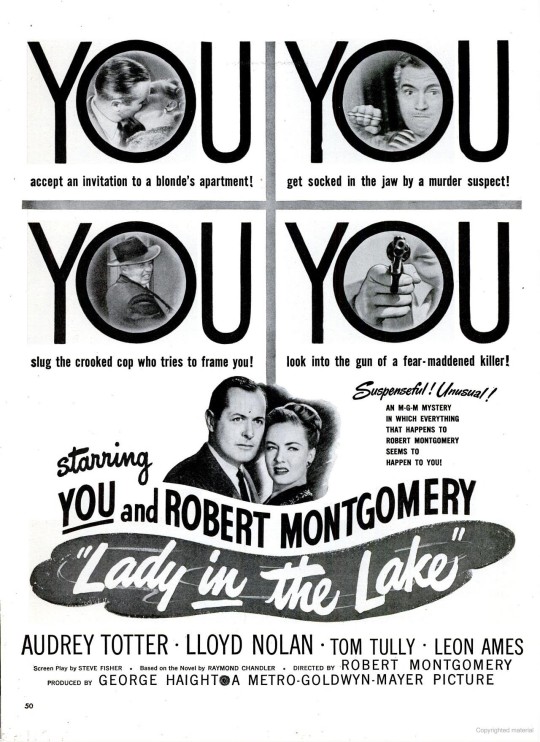
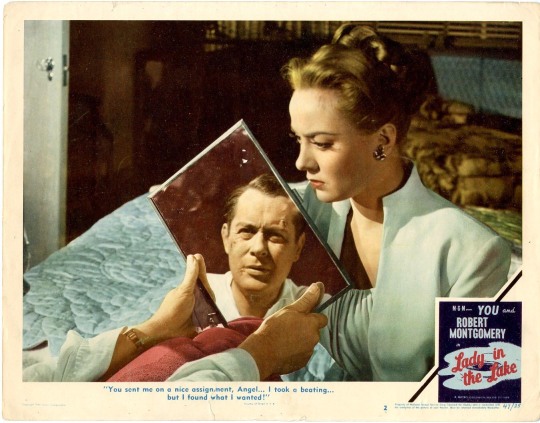


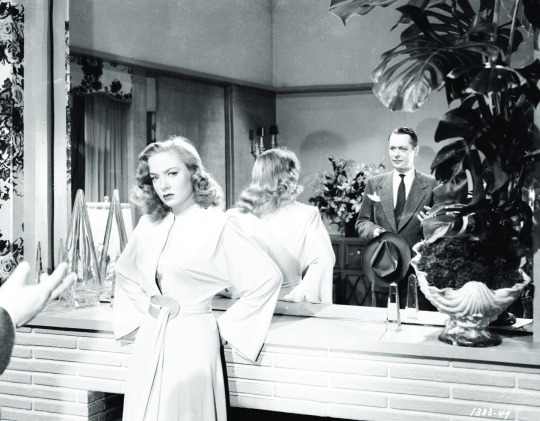
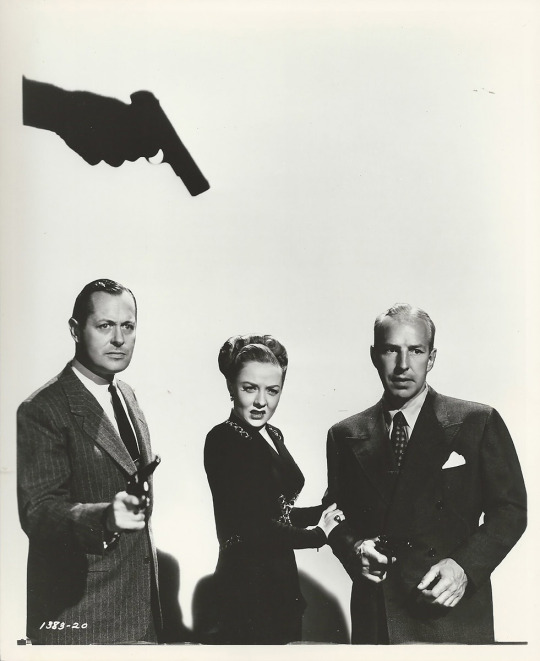

Lady in the Lake (1946) Robert Montgomery
16th December 2023
#lady in the lake#1946#robert montgomery#audrey totter#lloyd nolan#tom tully#leon ames#jayne meadows
7 notes
·
View notes
Text
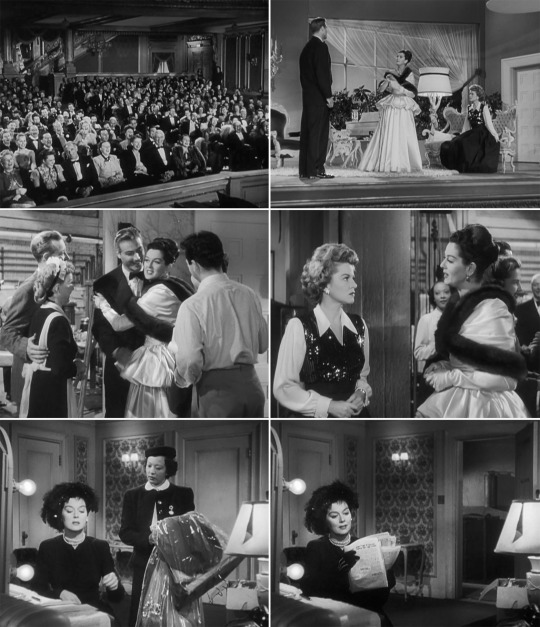
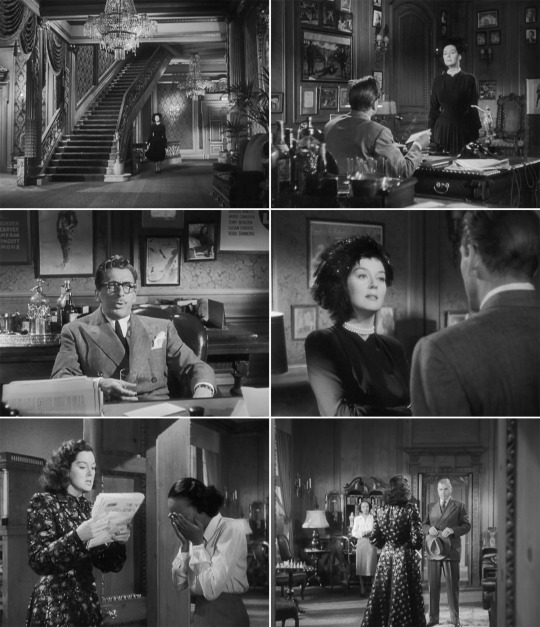
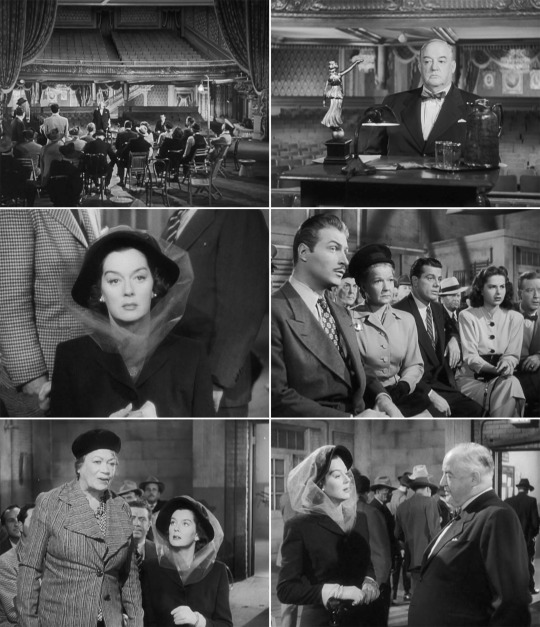
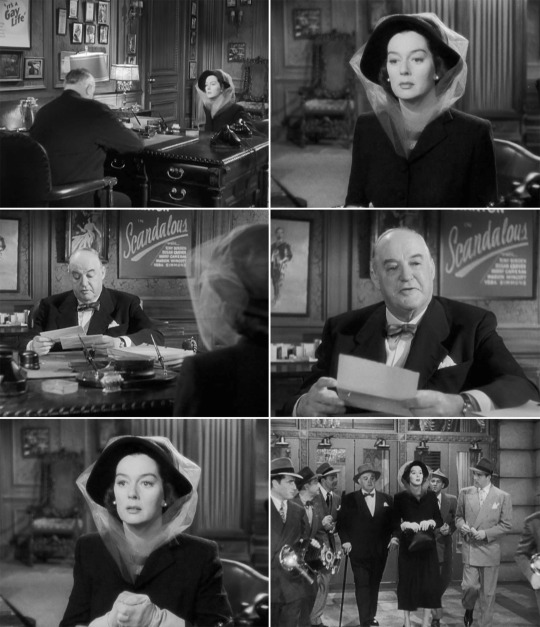
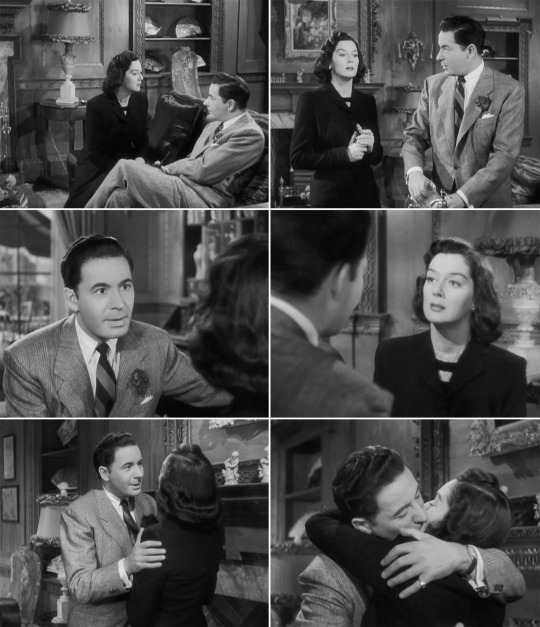
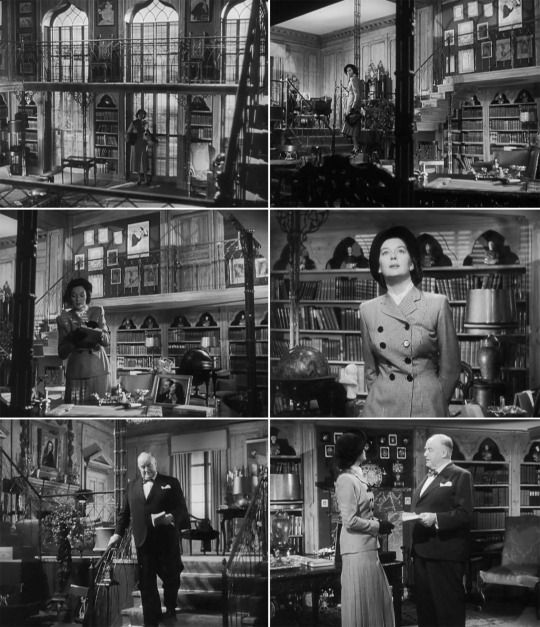
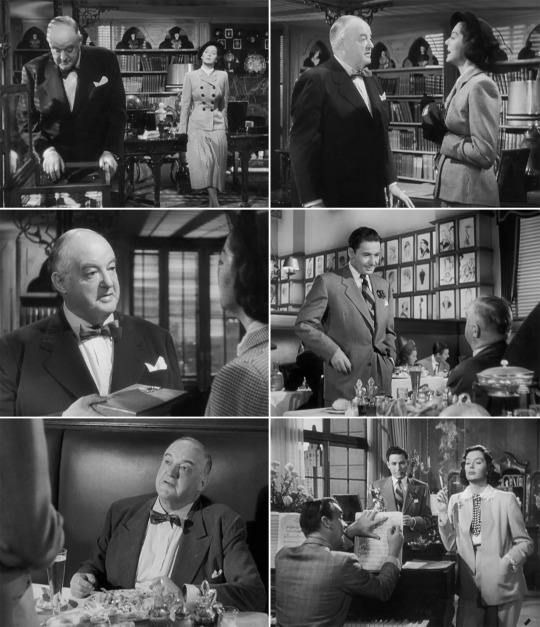
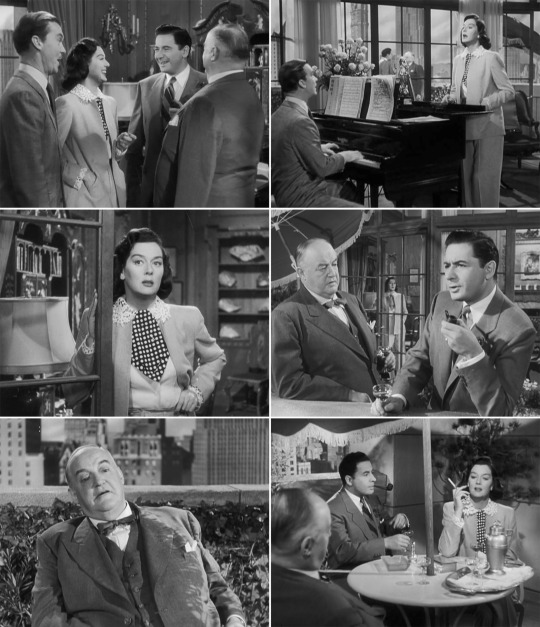
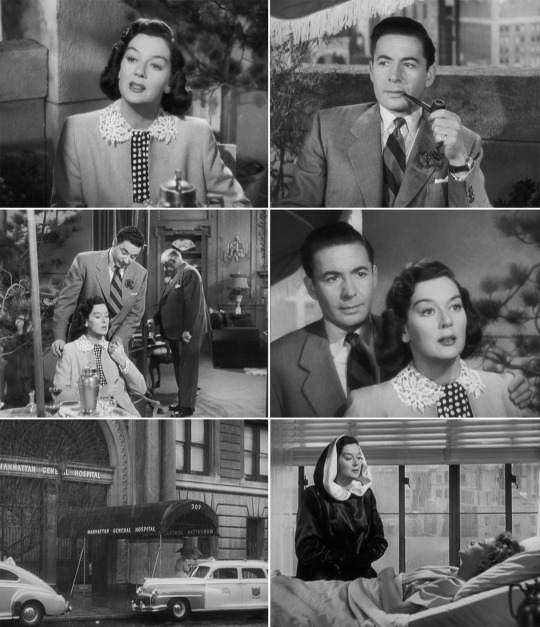
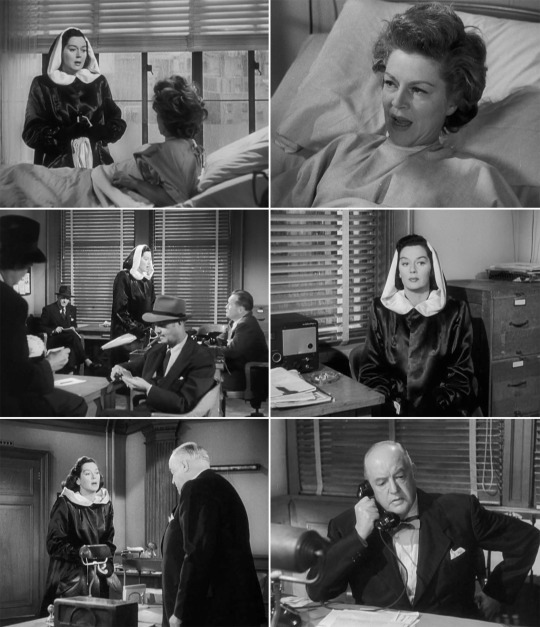
The Velvet Touch is a 1948 American film noir drama starring Rosalind Russell, Leon Ames, Leo Genn and Claire Trevor.
#The Velvet Touch#The Velvet Touch 1948#film noir#drama film#old hollywood#oldh hollywood movies#vintage hollywood#Rosalind Russell#Leo Genn#Claire Trevor#Leon Ames
9 notes
·
View notes
Photo
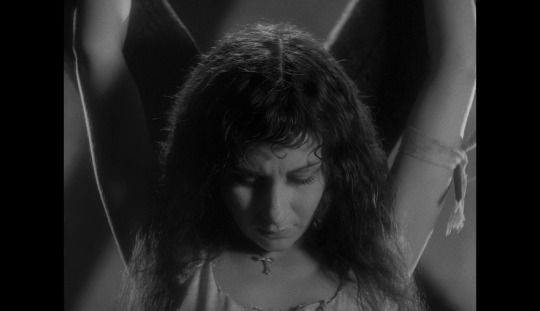

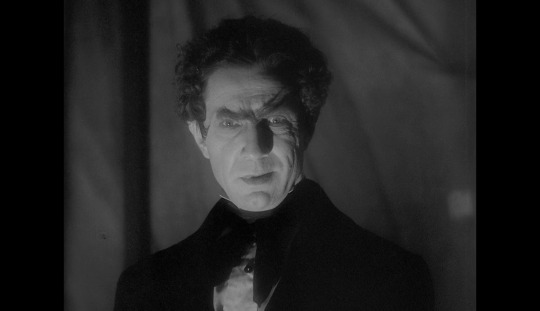

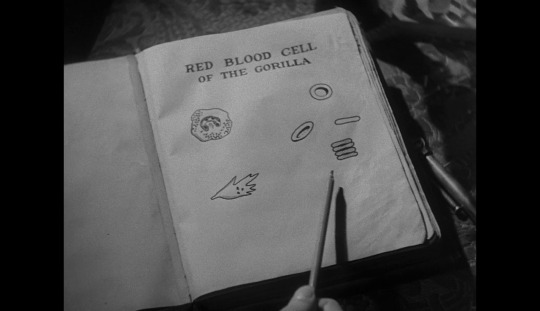
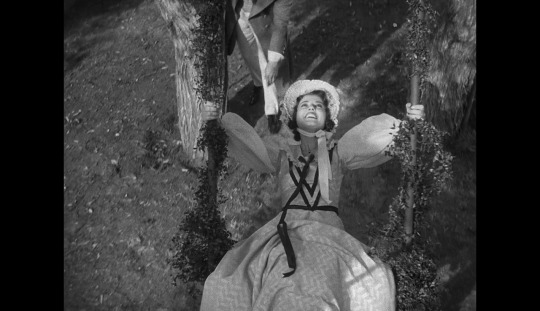
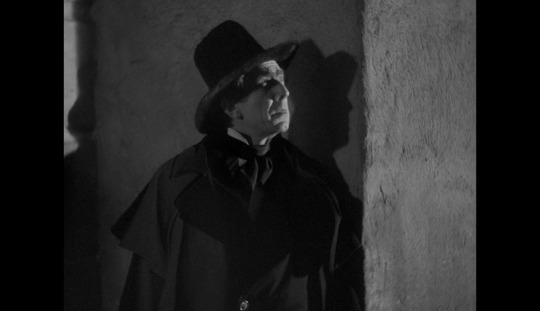
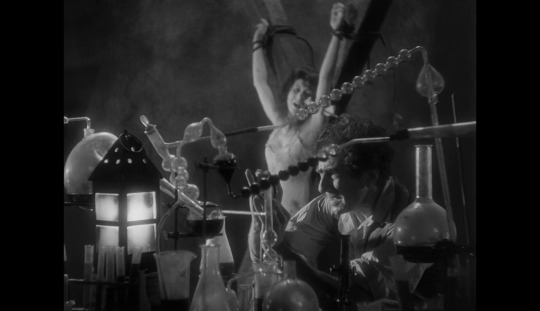
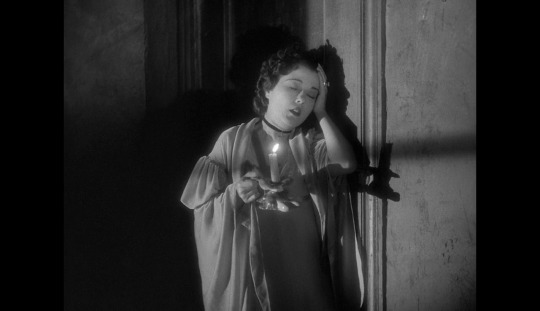

Murders in the Rue Morgue (Robert Florey, 1932)
#films watched in 2022#Murders in the Rue Morgue#Robert Florey#Bela Lugosi#Sidney Fox#Leon Ames#Edgar Allan Poe#Poe#horror#intrigue#monkey#monkeys#black and white#1932#crime#serial killer#science#literature#religion#experiment#sleep#bed
86 notes
·
View notes
Text
"LITTLE WOMEN" (1949) Review
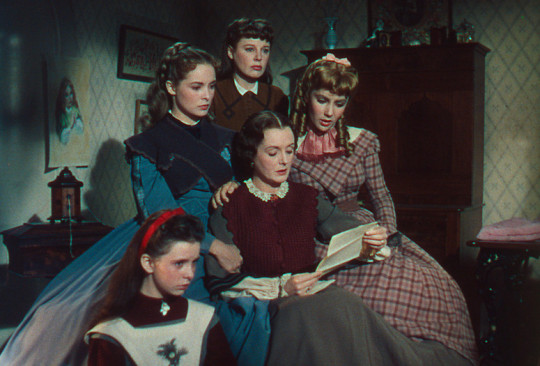
"LITTLE WOMEN" (1949) Review
Louisa May Alcott's 1868 novel is a bit of a conundrum for me. I have never been a fan of the novel. I have read it once, but it failed to maintain my interest. Worse, I have never had the urge to read it again. The problem is that it is that sentimental family dramas - at least in print - has never been appealing to me. And this is why I find it perplexing that I have never had any problems watching any of the film or television adaptations of her novel.
One of those adaptations proved to be Metro-Goldwyn-Mayer's 1949 adaptation, which was produced and directed by Mervyn LeRoy. It is hard to believe that the same man who had directed such hard-biting films like "LITTLE CAESAR", "I AM A FUGITIVE FROM A CHAIN GANG" and "THEY WON'T FORGET", was the artistic force behind this sentimental comedy-drama. Or perhaps MGM studio boss, Louis B. Meyer, was the real force. The studio boss preferred sentimental dramas, comedies and musicals. Due to this preference, he was always in constant conflict with the new production chief, Dore Schary, who preferred more realistic and hard-biting movies. Then you had David O. Selznick, who wanted to remake his 1933 adaptation of Alcott's novel. One can assume (or not) that in the end, Meyer had his way.
"LITTLE WOMEN", as many know, told the experiences of the four March sisters of Concord, Massachusetts during and after the U.S. Civil War. The second daughter, Josephine (Jo) March, is the main character and the story focuses on her relationships with her three other sisters, the elders in her family - namely her mother Mrs. March ("Marmee") and Aunt March, and the family's next-door neighbor, Mr. Laurence. For Jo, the story becomes a "coming-of-age" story, due to her relationships with Mr. Laurence's good-looking grandson, Theodore ("Laurie") and a German immigrant she meets in New York City after the war, the equally good-looking and much older Professor Bhaer. Jo and her sisters deal with the anxiety of their father fighting in the Civil War, genteel poverty, scarlet fever, and the scary prospect of oldest sister Meg falling in love with Laurie's tutor.
Despite my disinterest in Alcott's novel, I have always liked the screen adaptations I have seen so far - including this film. Due to the casting of Margaret O'Brien as the mild-mannered Beth, her character became the youngest sister, instead of Amy. Screenwriters Sally Benson, Victor Heerman, Sarah Y. Mason and Andrew Solt made other changes and they left out some of Alcott's memorable plot points from the novel's narrative. But these changes, however regretful a few of them were (namely Jo and Amy's conflict over the former's manuscript) did not have any real impact on Alcott's original story. Ironically, both Victor Heerman and Sarah Y. Mason wrote the screenplay for Selznick's 1933 film. This should not be surprising, considering that this adaptation bears a strong similarity to the earlier version. I thought Mervyn LeRoy's direction injected a good deal of energy into a tale that could have easily bored me senseless. In fact, MGM probably should have thank its lucky stars that LeRoy had served as producer and director.
As much as I admired LeRoy's direction of this film, I must admit there was a point in the story - especially in the third act - in which the pacing threatened to drag a bit. My only other problem with "LITTLE WOMEN" is that I never really got the impression that this film was set during the 1860s, despite its emphasis on costumes and the fact that the March patriarch was fighting the Civil War. Some might say that since "LITTLE WOMEN" was set in the North - New England, as a matter of fact - it is only natural that the movie struggled with its 1860s setting. But I have seen other Civil War era films set in the North - including the 1994 version of "LITTLE WOMEN" - that managed to project a strong emphasis of that period. And the production values for this adaptation of Alcott's novel seemed more like a generic 19th century period drama, instead of a movie set during a particular decade. It is ironic that I would make such a complaint, considering that the set decoration team led by Cedric Gibbons won Academy Awards for Best Art Direction.
I certainly had no problems with the cast selected for this movie. Jo March seemed a far cry from the roles for which June Allyson was known - you know, the usual "sweet, girl-next-door" type. I will admit that at the age of 31 or 32, Allyson was probably too young for the role of Jo March. But she did such a phenomenon job in recapturing Jo's extroverted nature and insecurities that I found the issue of her age irrelevant. Peter Lawford, who was her co-star in the 1947 musical, "GOOD NEWS", gave a very charming, yet complex performance as Jo's next door neighbor and friend, Theodore "Laurie" Laurence. Beneath the sweet charm, Lawford did an excellent job in revealing Laurie's initial loneliness and infatuation of Jo. Margaret O'Brien gave one of her best on-screen performance as the March family's sickly sibling, Beth. Although the literary Beth was the third of four sisters, she is portrayed as the youngest, due to O'Brien's casting. And I feel that Le Roy and MGM made a wise choice, for O'Brien not only gave one of her best performances, I believe that she gave the best performance in the movie, overall.
Janet Leigh, who was a decade younger than Allyson, portrayed the oldest March sister, Meg. Yet, her performance made it easy for me to regard her character as older and more emotionally mature than Allyson's Jo. I thought she gave a well done, yet delicate performance as the one sister who seemed to bear the strongest resemblance to the sisters' mother. Elizabeth Taylor was very entertaining as the extroverted, yet shallow Amy. Actually, I have to commend Taylor for maintaining a balancing act between Amy's shallow personality and ability to be kind. The movie also featured solid performances from supporting cast members like Mary Astor (who portrayed the warm, yet steely Mrs. March), the very charming Rossano Brazzi, Richard Stapley, Lucile Watson, Leon Ames, Harry Davenport, and the always dependable C. Aubrey Smith, who died not long after the film's production.
Overall, "LITTLE WOMEN" is a charming, yet colorful adaptation of Louisa May Alcott's novel. I thought Mervyn LeRoy did an excellent job in infusing energy into a movie that could have easily sink to sheer boredom for me. And he was enabled by a first-rate cast led by June Allyson and Peter Lawford. Overall, "LITTLE WOMEN" managed to rise above my usual apathy toward Alcott's novel.
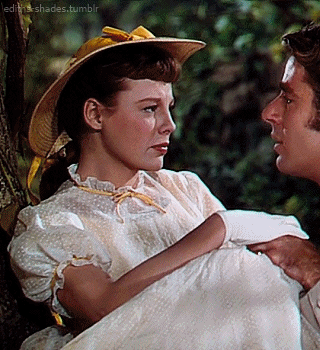
#little women#louisa may alcott#little women 1949#june allyson#janet leigh#elizabeth taylor#margaret o'brien#mary astor#peter lawford#leon ames#rossano brazzi#lucile watson#c. aubrey smith#elizabeth patterson#mervyn leroy#harry davenport#richard stapley#connie gilchrist#ellen corby#andrew solt#sarah y. mason#victor heerman#old hollywood#period drama#period dramas#costume drama
4 notes
·
View notes
Photo

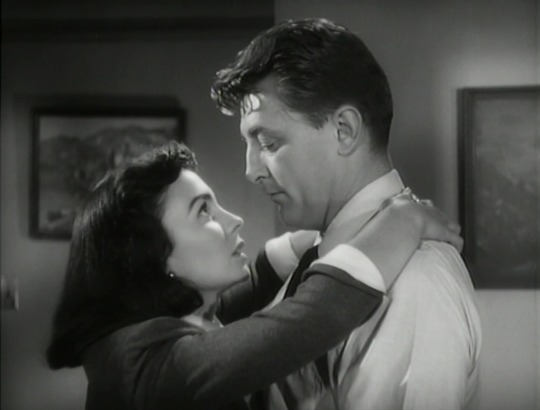



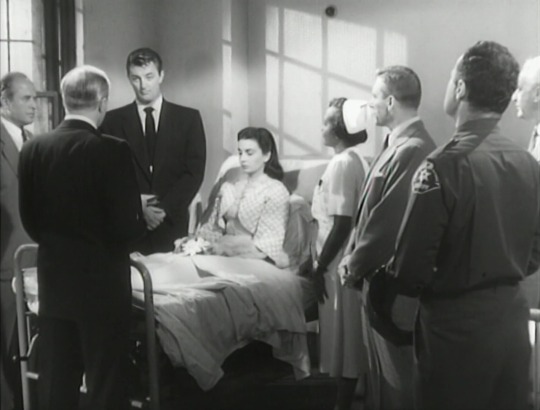


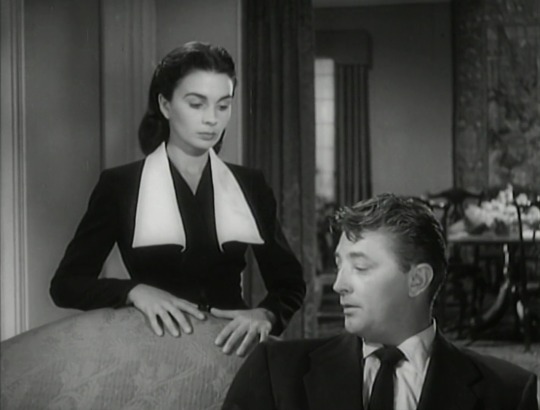
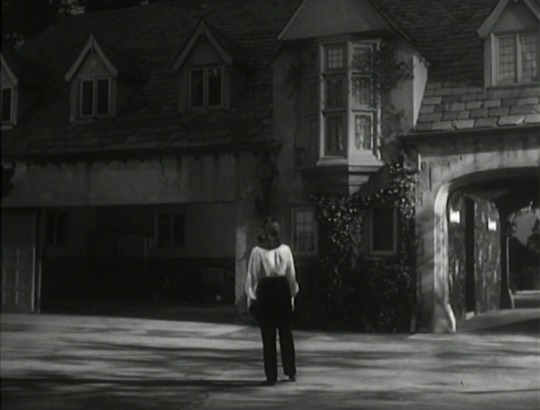
Angel Face (1952, Otto Preminger)
5/31/23
#Angel Face#Robert Mitchum#Jean Simmons#Otto Preminger#Mona Freeman#Herbert Marshall#Leon Ames#Barbara O'Neil#Kenneth Tobey#Raymond Greenleaf#50s#crime#noir#drama#drivers#cars#rich people#father and daughter#stepfamily#murder#femme fatale#courtroom#mechanics#lawyers#jealousy#melodrama#Classical Hollywood
5 notes
·
View notes
Text
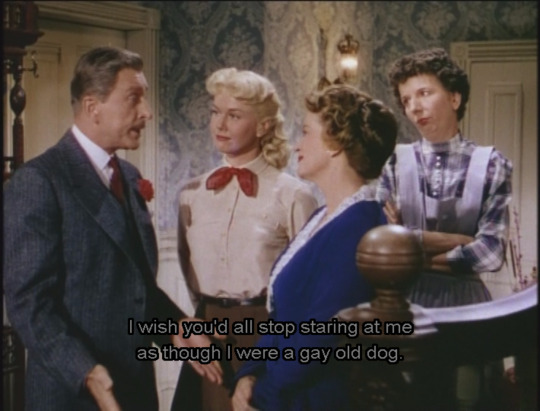
By The Light Of The Silvery Moon (1953)
0 notes
Text
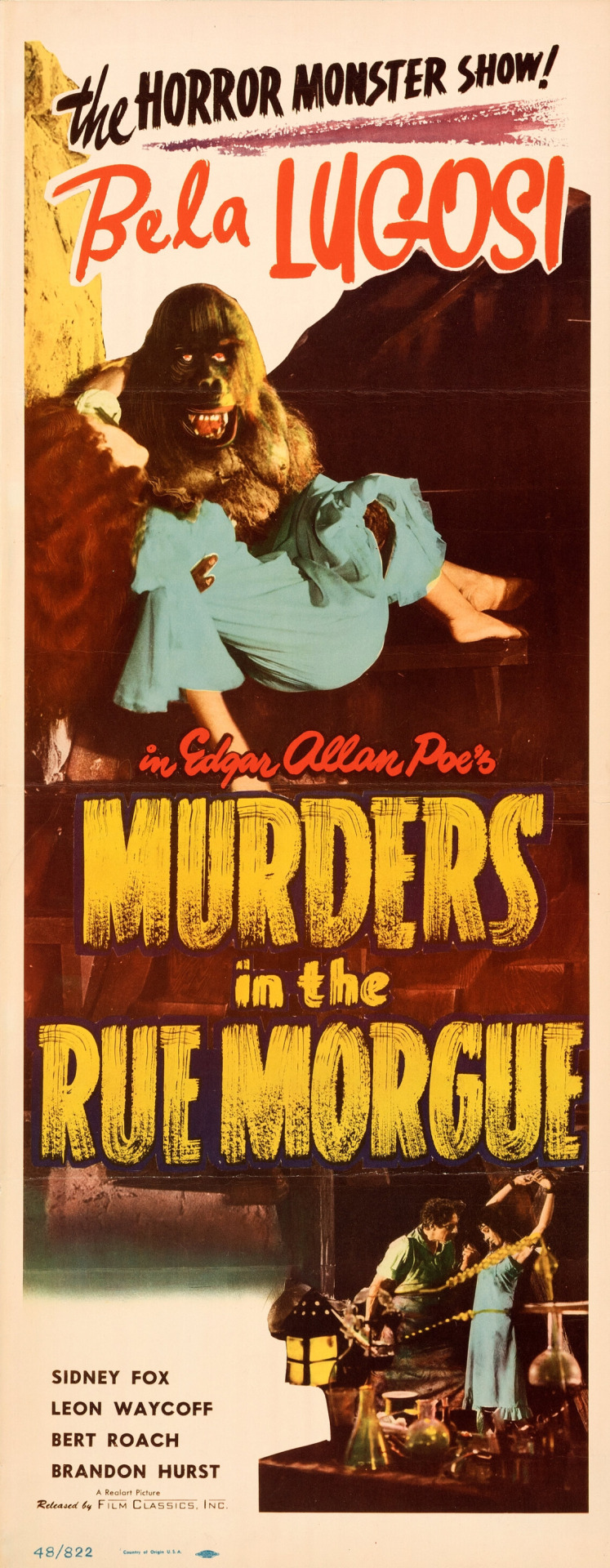
Murders in the Rue Morgue (1932) R-1948
#murders in the rue morgue 1932#bela lugosi#sidney fox#leon ames#1932#1930s movies#robert florey#edgar allan poe#classic horror#universal horror#horror movie poster
61 notes
·
View notes
Text
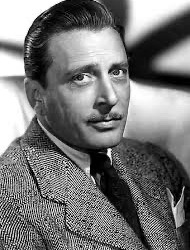
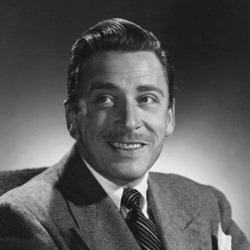
Remembering Leon Ames on his birthday #botd
15 notes
·
View notes
Text
Dial 1119

It's no insult to anybody involved to suggest that Andre Previn’s title music for Gerald Mayer’s DIAL 1119 (1950, TCM, Apple TV+) is one of the best things in the picture. His percussive, jazz-tinged score sets the stage so perfectly you may wish he had gotten to do background music for the rest of the film. But in the long run Mayer made the right choice in going with only diegetic music. It heightens the suspense as escaped mental patient Marshall Thompson holds the patrons of a second-story bar hostage. DIAL 1119 is a tidy little thriller made on a surprisingly low budget for MGM and enhanced by some great camera work by Paul Vogel. Thompson is good casting in the lead. With his baby face, he’s much creepier than a more obvious heavy might have been, and he wisely underplays most of the time (wisely because when he finally overplays it’s not very convincing, which kills some of the tension). The rest of the cast may have been chosen because they fit the low budget, but some are very good indeed: William Conrad as a grumpy bartender named “Chuckles,” Leon Ames as a cheating husband, Argentina Brunetti as a passenger on Thompson’s bus, Sam Levene as the police psychiatrist Thompson is out to get and particularly Virginia Field as a lush. At times, she seems to be a lady of the evening coming on to the male customers, but that wouldn’t have been allowed in 1950, so when one man makes an offer, she laughs in his face, something Field did very well.
#film noir#suspense film#andre previn#marshall thompson#william conrad#leon ames#sam levene#virginia field#argentina brunetti
0 notes
Text

#yolanda and the thief#fred astaire#lucille bremer#frank morgan#mildred natwick#mary nash#leon ames#vincente minnelli#1945
12 notes
·
View notes
Text
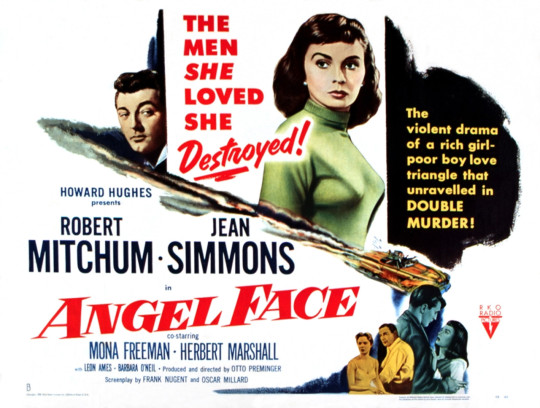
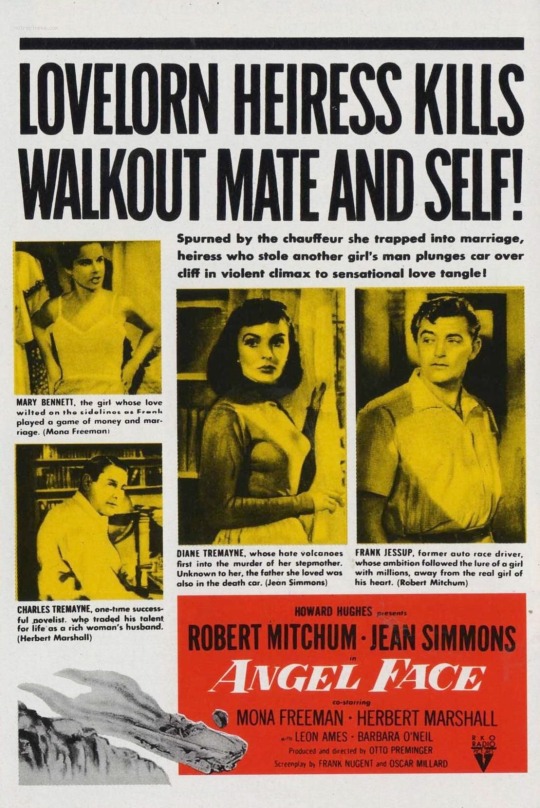



Angel Face (1952) Otto Preminger
July 2nd 2023
#angel face#1952#otto preminger#jean simmons#robert mitchum#mona freeman#barbara o'neil#herbert marshall#leon ames#jim backus#kenneth tobey#raymond greenleaf#murder story#the bystander#the murder
5 notes
·
View notes
Text
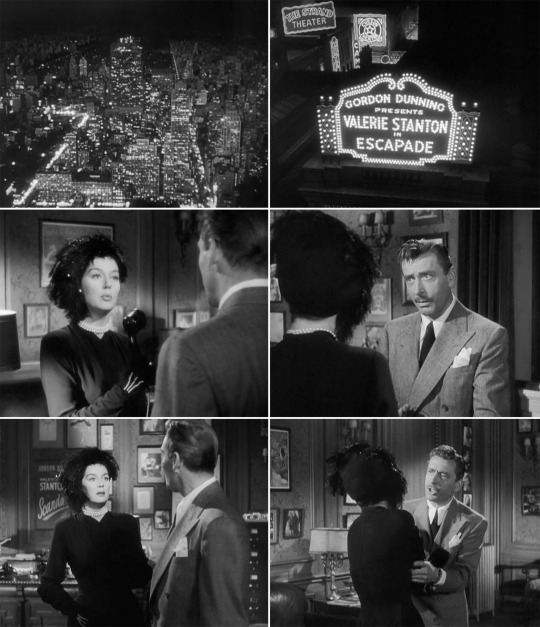
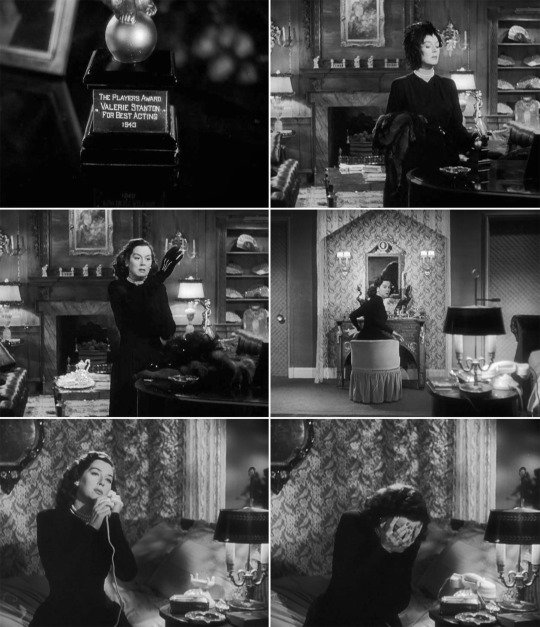
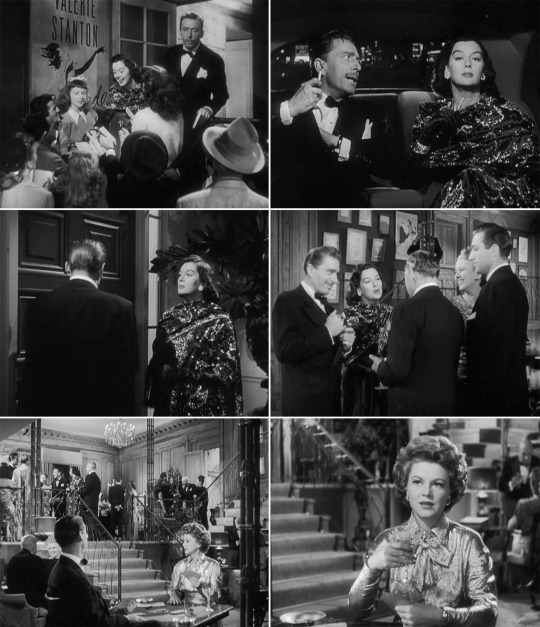
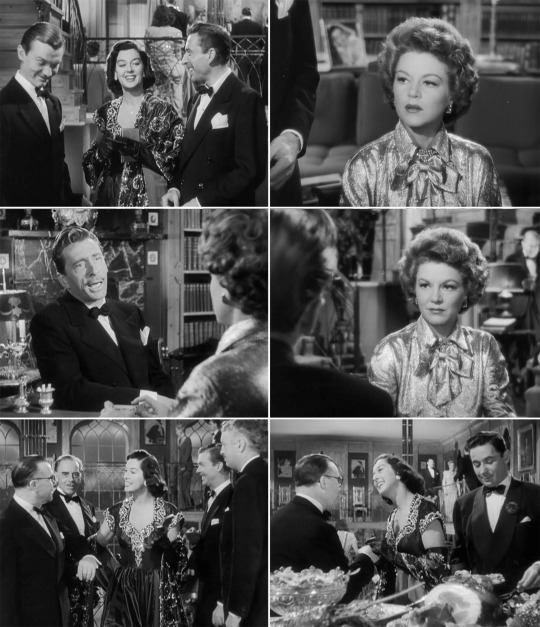
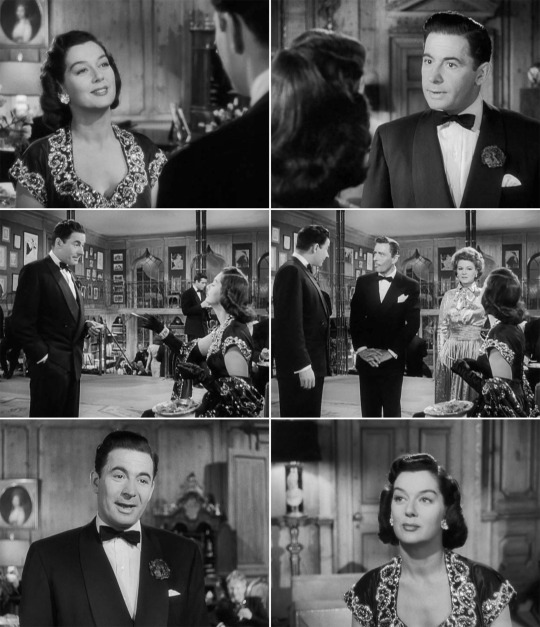
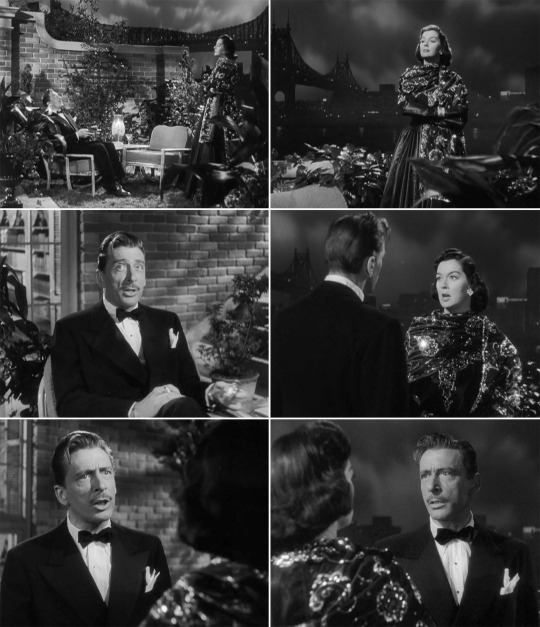
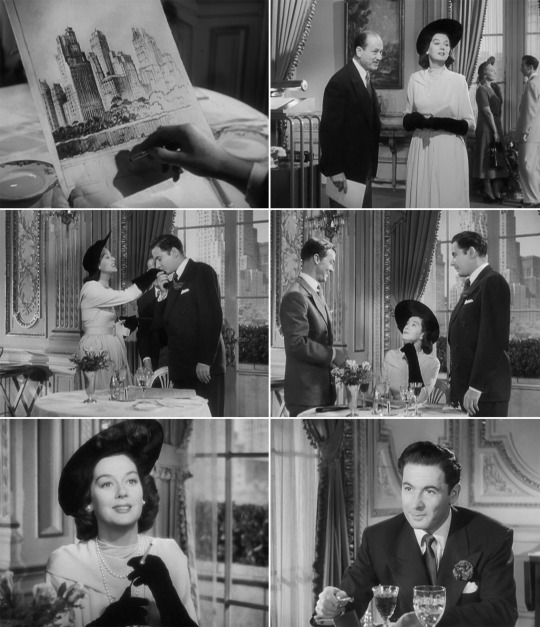
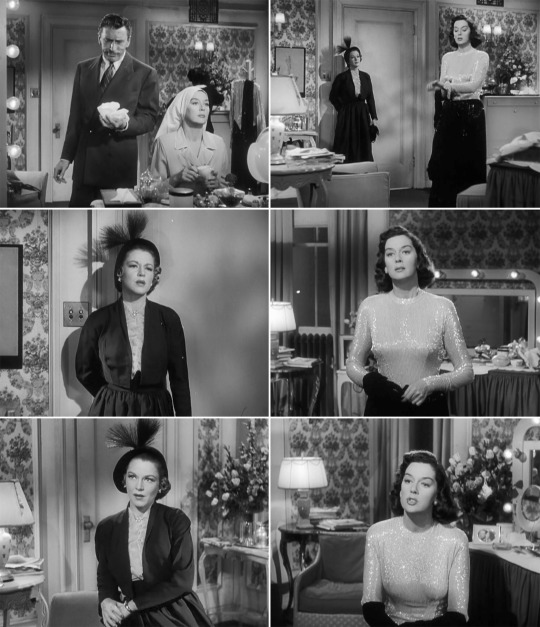
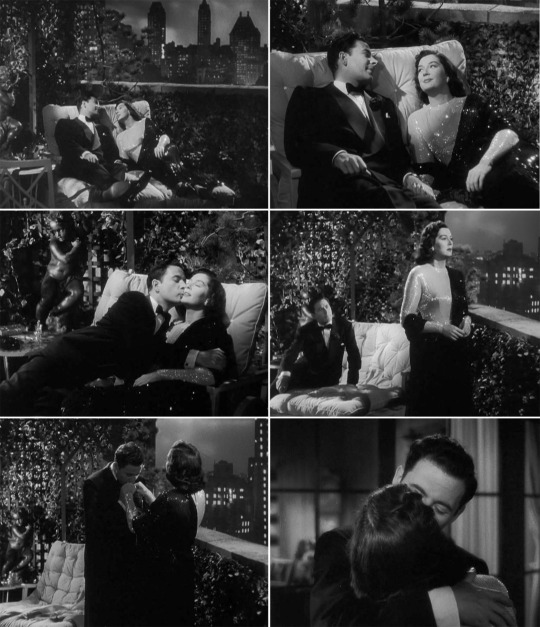
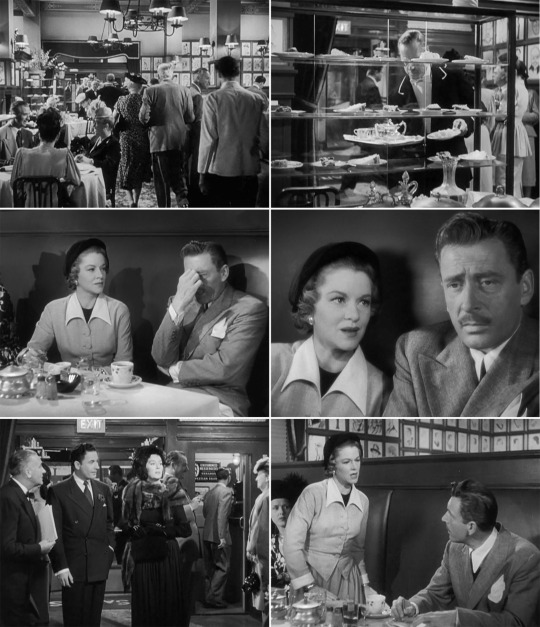
The Velvet Touch is a 1948 American film noir drama starring Rosalind Russell, Leon Ames, Leo Genn and Claire Trevor.
#The Velvet Touch#The Velvet Touch 1948#film noir#old hollywood#old hollywood movies#vintage hollywood#Rosalind Russell#Leo Genn#Claire Trevor#Leon Ames
5 notes
·
View notes